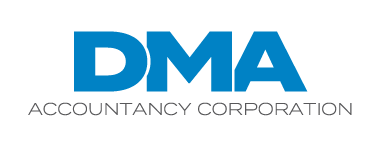Newsletters
Prior Newsletters
Tightening up your employment tax compliance process
If your organization has been operational for a while, you’re no doubt well acquainted with...
What happens to qualified transportation plan balances when employees leave?
By now, employers across the country have implemented return-to-work policies that have brought...
Keeping manufacturing company owner compensation on the right side of tax laws
Smaller manufacturing companies often operate as S corporations. In many cases, one of the...
The advantages of a living trust for your estate plan
Do you believe you don’t need to worry about estate planning because of the current federal estate...
Employers must stay on top of 401(k) eligibility rules
Employers of all types and sizes continue to sponsor 401(k) plans to attract job candidates and...
Digital assets and taxes: What you need to know
As the use of digital assets like cryptocurrencies continues to grow, so does the IRS’s scrutiny...
Dedicated, Mindful and Accountable.

DMA Accountancy Corporation
1400 N. Harbor Blvd., Ste #605
Fullerton, CA 92835







